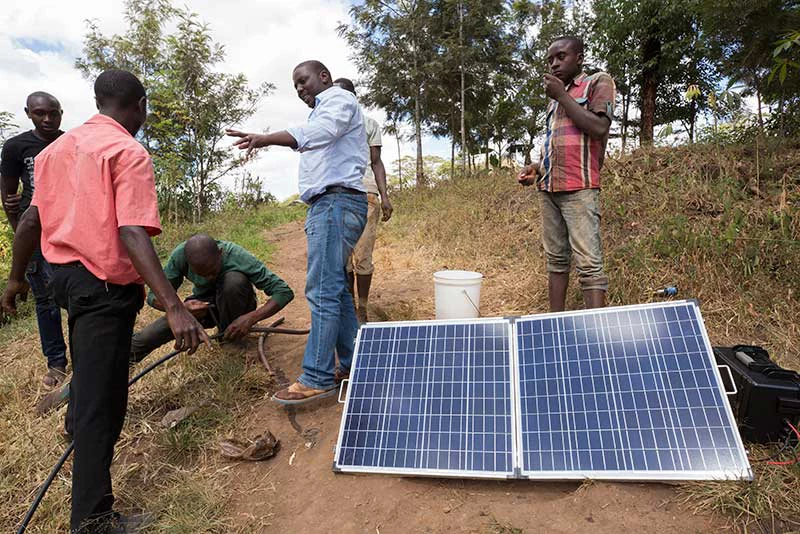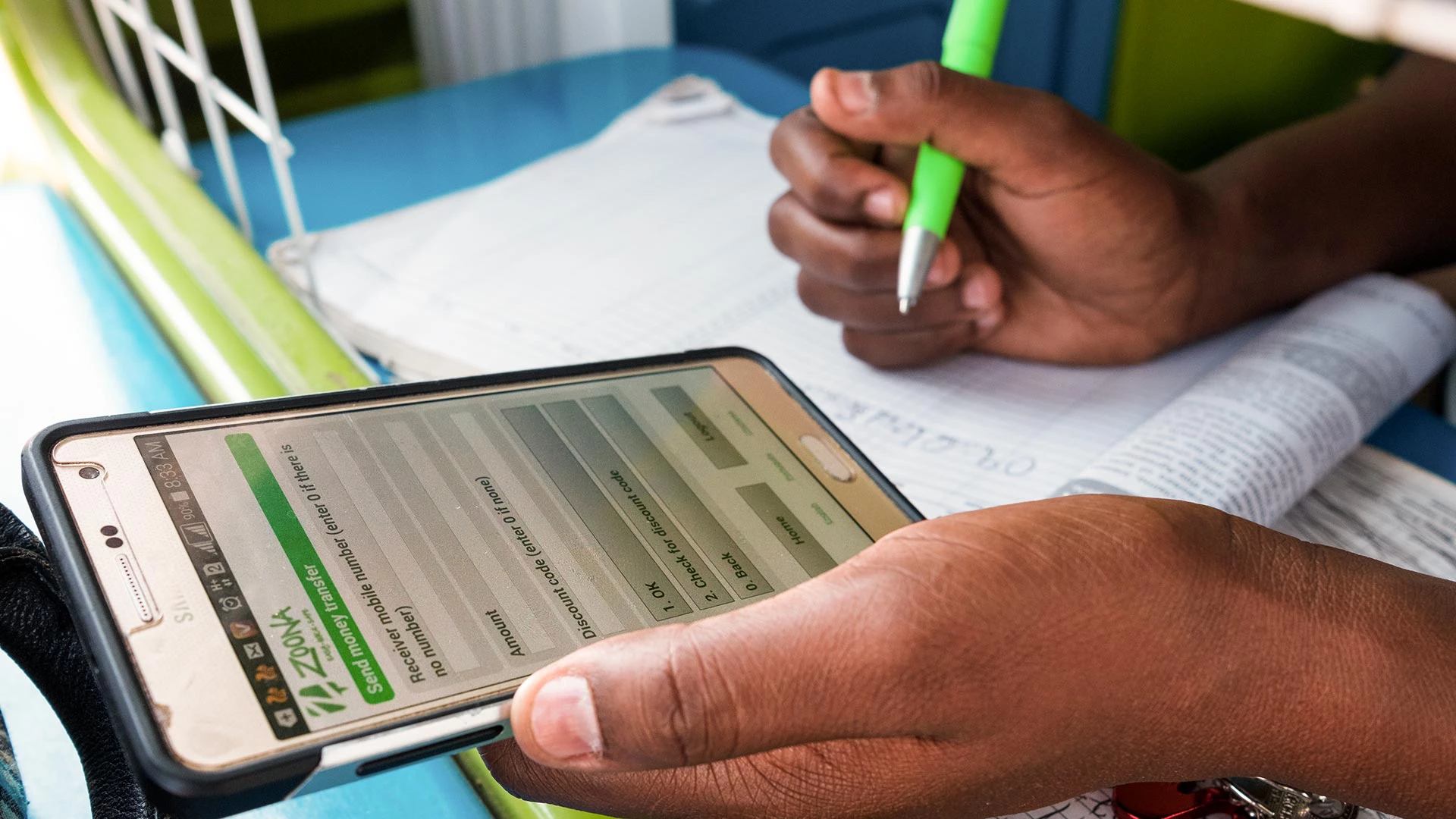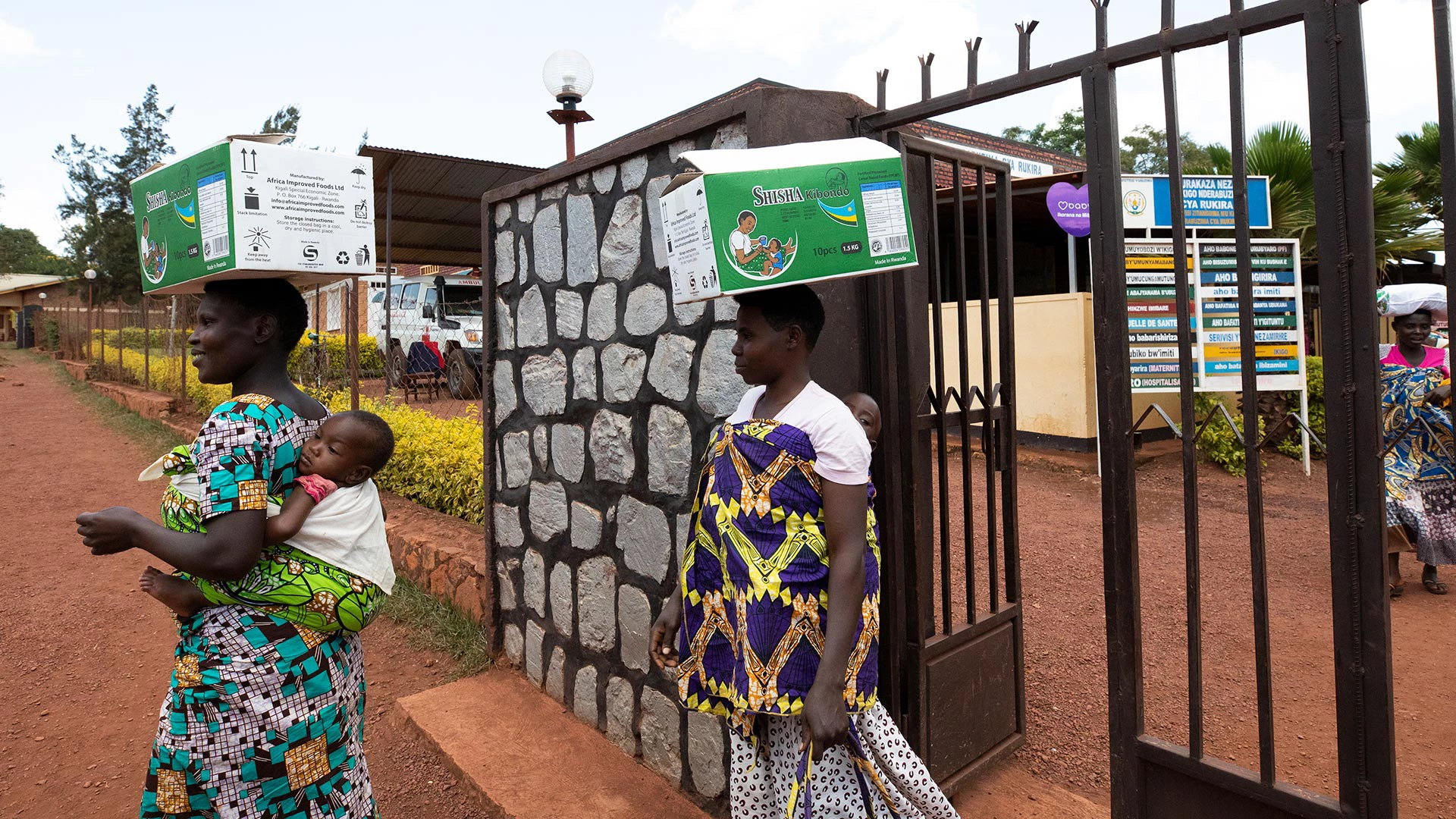Select a Region Sub navigation page selecting option, jump to that section
We are a leading provider of advice to promote a sustainable private sector and mobilize capital from other investors who invest alongside us in critical sectors for Africa’s future, including infrastructure, health, telecoms, finance, and more. IFC also works to support smaller businesses and to narrow the gender gap in the private sector.






